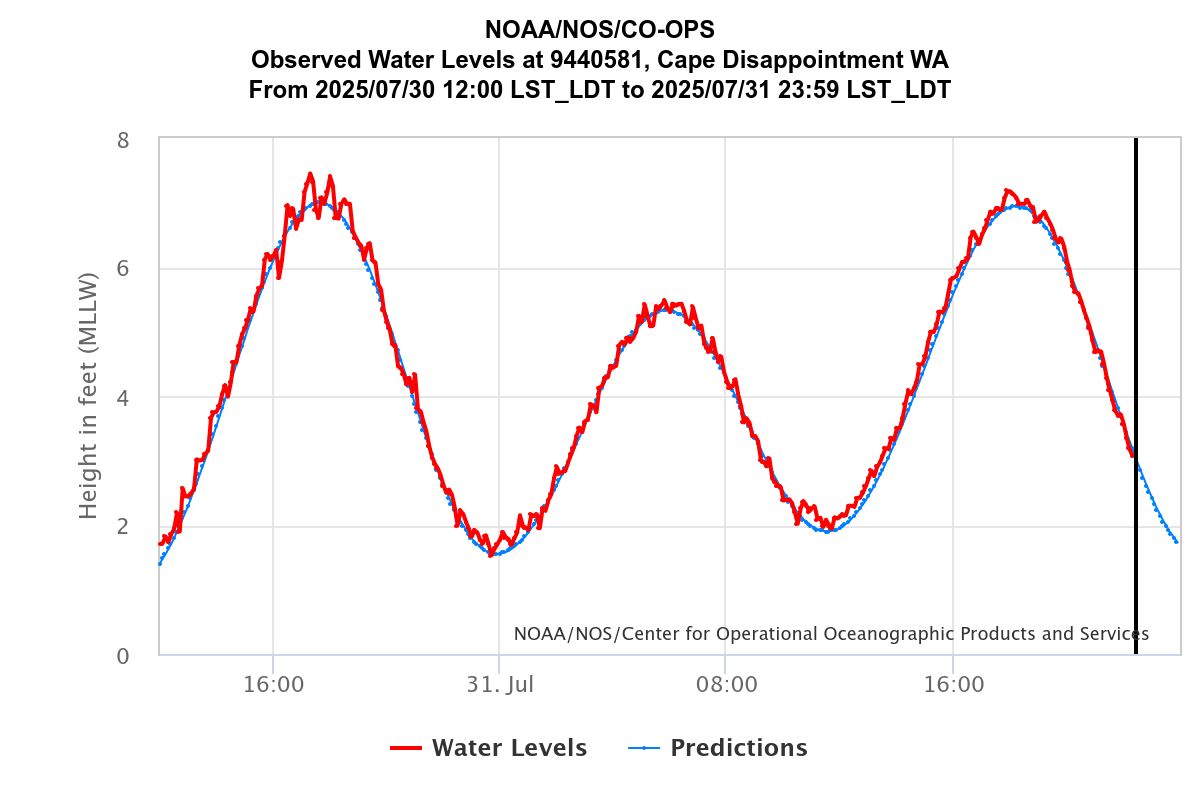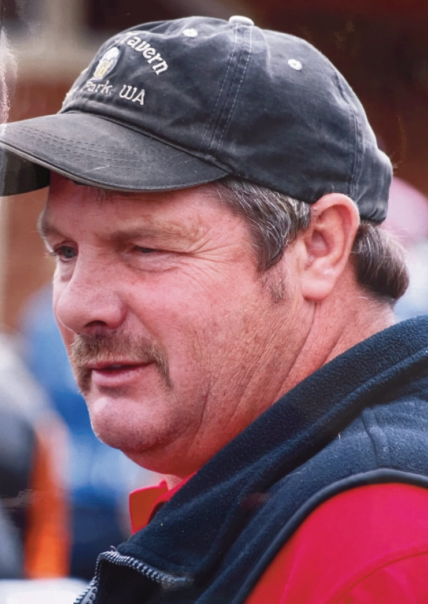Letter: WHH’s aged facility is failing
Published 8:32 am Monday, January 15, 2024
Medical care has changed dramatically since Willapa Harbor Hospital was built in the early 1950s. In 1950 most people were admitted to inpatient care. In 2024 people are treated in outpatient settings, including in their home.
Trending
I have been a registered nurse for forty-five years. While I worked for a brief time in a hospital intensive care unit, I spent most of my nursing career as a public health nurse and administrator. I watched the discovery of AIDS and the development of treatments for this devastating disease. I saw the move to electronic medical records. I participated in emergency responses to earthquakes and disease. I administered thousands of life-saving vaccines. I assisted with programs addressing clean water, safe food, and proper waste disposal.
In 2015, my mother developed a skin infection. She was diagnosed in a clinic setting. She had an intravenous port placed in her chest and went home on a two-week course of antibiotics. As her closest family member, I had to change the antibiotic bag when it was empty — while she sat at her kitchen table. This had nothing to do with my training as a nurse. Treatment at home for this type of infection is expected today, but would have resulted in a hospital inpatient admission in the 1950s.
It is a misconception that Willapa Harbor Hospital is only about treatment inside the institution. Clinical care available at Willapa Harbor Hospital (and clinics) includes office visits, emergency room care, surgery, diagnostic procedures including laboratory and imaging, and consultation for proper diet and exercise.
Trending
A series of buildings built in the early 1950s and outbuildings from the 1970s are not appropriate to provide care in the 2020s and beyond. The plumbing, electrical, and general construction is failing. We must address this critical part of our community. Please vote yes on Hospital Proposition #1 for more local care, more local careers, and a new hospital for generations.
SHERRI MCDONALD
Raymond









